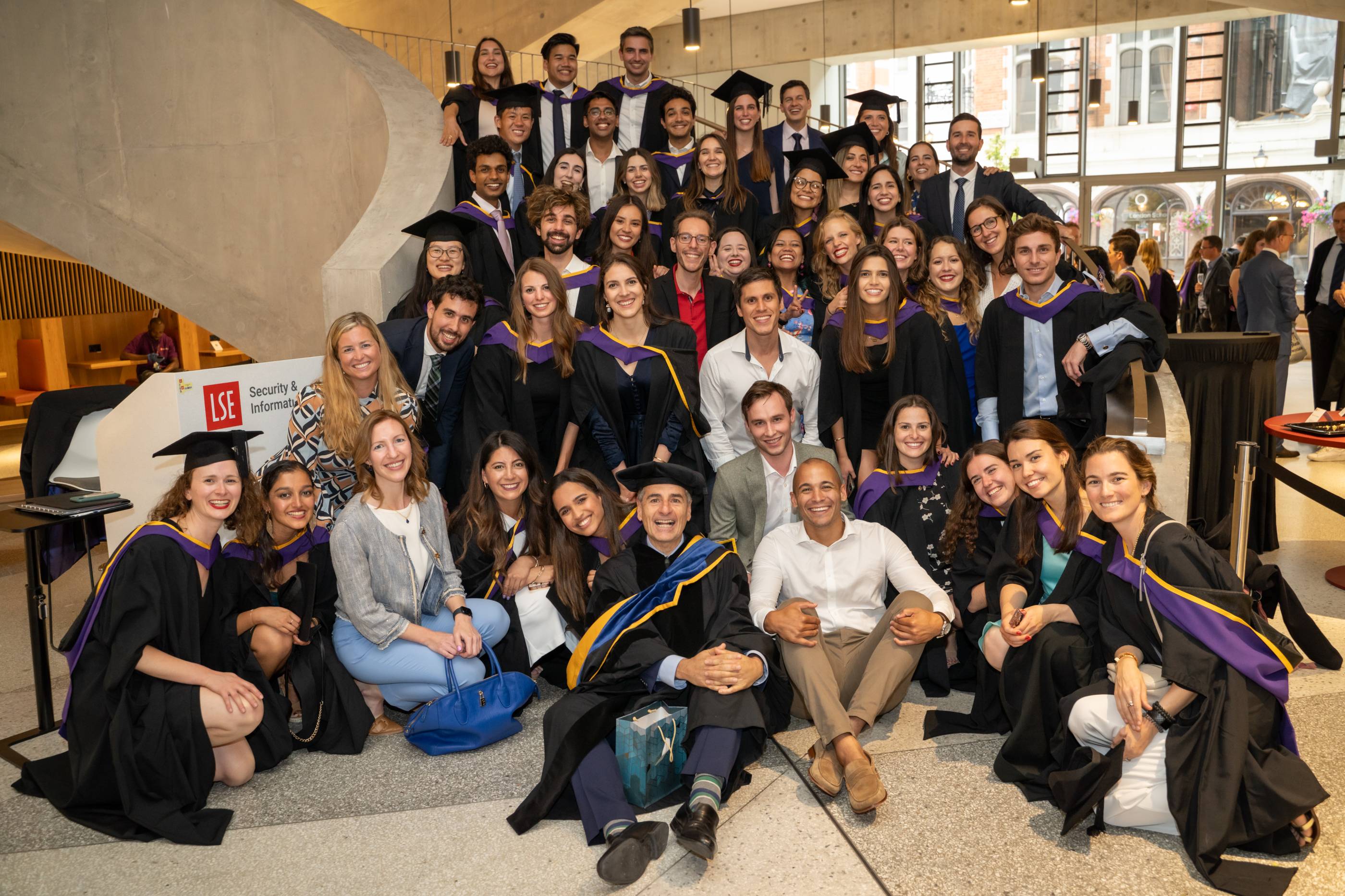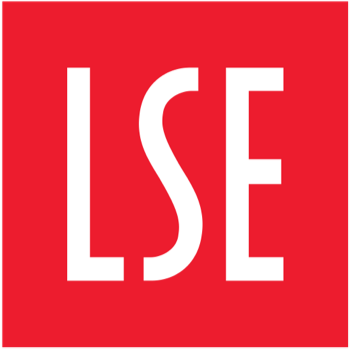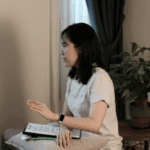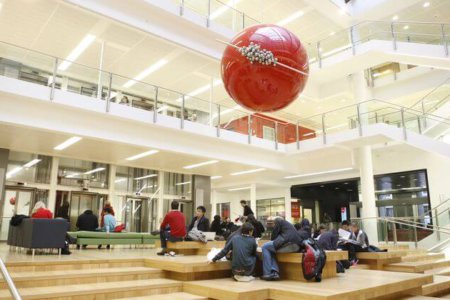World-class. Visionary. Fast-paced. These are the words Linh Tran, Master of Public Policy (MPP) Class of 2024, uses to describe her time at London School of Economics and Political Science’s (LSE) School of Public Policy (SPP).
For Linh, all roads led to LSE, the University of the Year 2025, according to The Times and The Sunday Times Good University Guide. While working at AstraZeneca, she organised a health policy programme in Vietnam co-founded by LSE, the World Economic Forum, and AstraZeneca. That sparked her passion for policy research and advocacy. So when searching for a degree that would prepare her to pivot into this field, LSE’s MPP was the obvious choice.
“It’s one of the top policy programmes globally, tailored for mid-career professionals, and based in the vibrant, charming megacity of London,” Tran says.
The Class of 2024 graduate is set to make a difference in Vietnam’s public sector. “I would love to apply the knowledge and skills I have learned through the MPP to make an impact as a civil servant in my home country after graduation,” she says.
Stories like Tran’s are plenty at LSE. It is the top social sciences institution in Europe and second in the world. Based in the heart of exciting and colourful London, LSE is unmatched in its ability to push the boundaries of public policy understanding and leadership. It’s the place to be for anyone who aspires to LSE’s motto to “know the causes of things” and wants to gain the skills and insights to make a lasting impact on people and societies.
At SPP, students start with a solid grounding in political science, economics, and quantitative analysis. They then apply what they’ve learned to tackle real-world global policy challenges. As they explore contemporary complexities in governance, the views of peers, from over 50 countries with a range of professional and academic expertise, spur them to think creatively and approach tough issues from fresh angles.
“The amazing international cohort of the MPP makes peer learning a major advantage of being part of the SPP. Learning from them and enriching my views through their perspectives is one of my favourite things about being an SPP student,” says Beatriz Cordova Aquino, Class of 2024.
The MPP, which spans nine months, is intensive and cross-disciplinary. The programme covers economics, econometrics, political science, quantitative methods, public management, and philosophy, providing a nuanced understanding of contemporary governance. As a graduate, you’re set to drive change in the public, private, international, or non-profit sectors.

The School of Public Policy at LSE welcomes students from all academic backgrounds and provides equal preparation for everyone, regardless of their quantitative experience. Source: London School of Economics
Master of Public Administration: Preparing tomorrow’s policy and political leaders who can ‘do it all’
SPP programmes focus on rigorous and empirical skills and tools that underpin evidence-based policymaking. They then test these skills in real-world problems and contexts. Alongside the MPP, the Master of Public Administration (MPA) is another programme that best exemplifies this approach.
This two-year programme best fits early-stage professionals. Alongside building foundational skills in policy analysis and practical application, it zooms in on empirical methods, political science, and economic analysis. All of this culminates in the six-month Capstone Project, where students work with external clients on real-world policy challenges. Past projects have tackled issues like gender equality at the Central Bank of Mexico, slashing pressures on England’s frontline healthcare services, and empowering young people in gender-responsive climate change adaptation.
MPA students also benefit from the opportunity to specialise in their key areas of interest in economic policy, international development, inequality and poverty, social impact or international political economy and add this specialism to their degree title.
“Here, in the MPA, students learn high-level theory and practice simultaneously. It’s this blending of core skills training with practical, real-world experience that makes our programme special,” says Dr. Lloyd Gruber, the MPA Programme Director. “Our analytically sharp, politically savvy MPA graduates are already making a mark on the world. They can do it all.”
For Class of 2024 MPA graduate Delfina Imbrosciano, the greatest thing about the SPP is “the classmates and the people we meet here.” “Not only because we’re diverse in nationalities and cultures, but also backgrounds and ages,” she says.

Starting with just 18 MPA pioneers, the School of Public Policy’s MPA programme now gathers over 100 talented students annually, shaping the policy movers and shakers of tomorrow. Source: London School of Economics
The SPP offers other MPA programmes, including an MPA in Data Science for Public Policy, an Executive MPA, and MPA double degrees with Columbia University’s School of International and Public Affairs (SIPA), the University of Toronto Munk School, and Sciences Po.
Whichever you choose, you’ll learn from professors with decades of experience. Many professors have held government positions worldwide, bringing true insights into how public policy plays out beyond academia. The Policy in Practice seminar series invites expert policy practitioners from around the globe to share their knowledge on various topics, from climate litigation and capitalism to AI and the Cold War. Such events make many students, including MPA graduate Nashla Manzur Aranda, feel like they’re part of a global community where ideas and practice meet.
“The opportunity to engage and discuss cutting-edge topics with professors and leading experts from around the globe is a highlight of my experience at LSE,” she says.
Tran agrees. “The best thing is that the SPP provides unparalleled access to world-class professors, remarkable course mates with decades of experience in different fields, and heads of state, senior leaders, and academics who visit London and choose to stop by LSE for a talk with students,” she says. “We even had three Nobel prize laureates giving lectures on campus in the same week. It’s truly a privilege to be in the centre of action where a lot of these exchanges of knowledge happen so frequently.”
With smaller cohort sizes than US schools, the LSE SPP community is as international as it is tight-knit and supportive, with accessible faculty who help to guide students through their learning journey. The campus, a pedestrian-friendly hub in central London, adds to this sense of belonging by linking the UK capital’s top thinkers and movers and shakers to LSE. You’ll find a good number of them are LSE SPP graduates themselves, who are always ready to open doors for current students.
Learn more about LSE’s School of Public Policy.
Follow London School of Economics School of Public Policy on Facebook, X, Instagram, YouTube, and LinkedIn













